The Legacy Age Of The Gods King of Olympus
The influence of the Olympian gods game 8DAY extends far beyond ancient texts; their legacy permeates contemporary culture, inspiring various forms of artistic and literary expression.
Mythology in Literature and Art
From Homer’s epic poems to the tragedies of Euripides, the tales of the Olympians have served as a wellspring of inspiration for countless writers throughout history. The themes of love, vengeance, and heroism found in these narratives continue to resonate with audiences today.
In literature, modern authors reinterpret these myths, weaving them into contemporary narratives. Neil Gaiman’s “Norse Mythology” and Madeline Miller’s “Circe” breathe new life into ancient tales, demonstrating the timeless relevance of these stories. They not only entertain but also offer profound insights into the human psyche.
Art has likewise drawn heavily from the Olympians, with painters, sculptors, and filmmakers creating works that celebrate or critique their legacies. Botticelli’s “Birth of Venus” exemplifies the merging of beauty and mythology, while modern films like “Clash of the Titans” provide thrilling retellings of ancient narratives, albeit with a contemporary twist.
The Olympians in Popular Culture
In popular culture, the Olympians have taken on new personas, evolving alongside societal changes. Video games, television series, and movies frequently draw upon these archetypal characters, reshaping their stories to fit modern contexts.
For instance, Sony’s “God of War” series reimagines Greek mythology, featuring Kratos—a mortal man embroiled in divine conflict. This portrayal emphasizes the complex relationship between mortals and gods, challenging players to confront questions of morality and vengeance.
Similarly, Marvel Comics has introduced characters like Thor and Loki, blending ancient mythological elements with superhero narratives. This fusion appeals to diverse audiences and showcases the adaptability of these ancient tales in addressing contemporary issues.
The enduring popularity of the Olympians speaks to their universal appeal. They remind us that, regardless of time or context, the intricacies of human experience remain constant.
Lessons from the Olympians: Relevance Today
Reflecting on the lessons imparted by the Olympians allows us to glean meaningful insights applicable to modern life. Themes of resilience, moral quandaries, and the pursuit of knowledge emerge prominently throughout their tales.
Take the story of Prometheus, who defied Zeus by giving fire to humanity. Despite facing severe punishment, his act represented ingenuity and selflessness. It serves as a reminder of the value of knowledge and progress, urging us to push boundaries while remaining aware of the potential consequences.
Similarly, the challenges faced by figures like Hercules illustrate the importance of perseverance and courage in overcoming obstacles. These narratives encourage us to embrace our struggles and recognize that growth often arises from adversity.
Ultimately, the Olympians symbolize the complexities of the human experience, urging us to navigate the moral landscape of our choices and cultivate virtues that promote harmony and understanding.
Conclusion
The Age Of The Gods King of Olympus represents a defining chapter in the annals of mythology, weaving together tales of power, love, and the quest for meaning. As we’ve explored the origins of the Olympians, their roles in human affairs, and their lasting legacy, it becomes evident that these divine figures are more than mere characters in ancient stories—they embody the depth and breadth of the human experience.
Their narratives continue to inspire, teach, and provoke thought, bridging the gap between the past and present. As we reflect on the lessons learned from the Olympians, may we carry their wisdom into our own lives, fostering connections, embracing our complexities, and striving for a deeper understanding of ourselves and those around us. In doing so, we honor the legacy of these magnificent beings, allowing them to guide us through the ages.


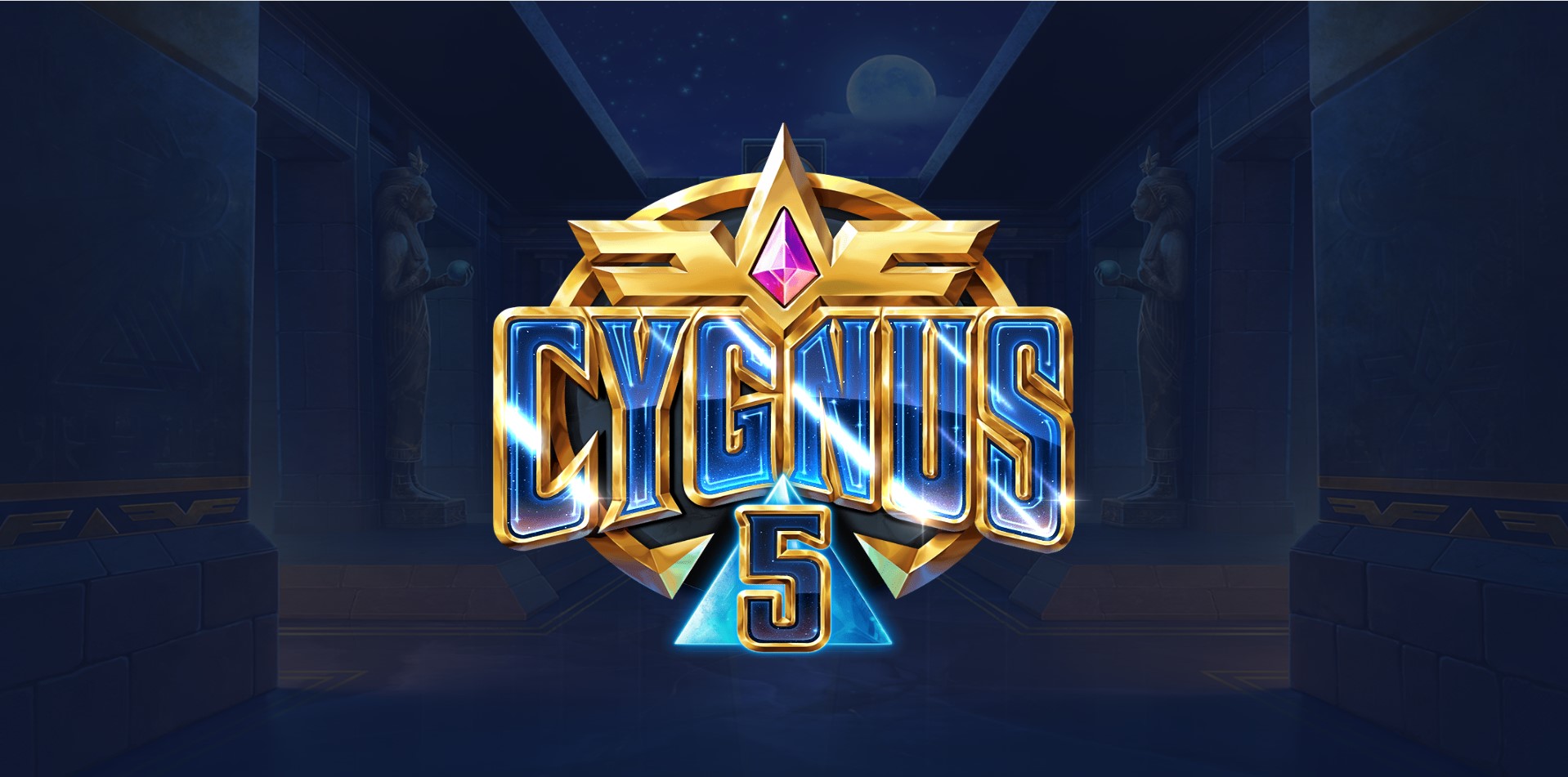


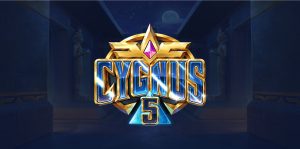




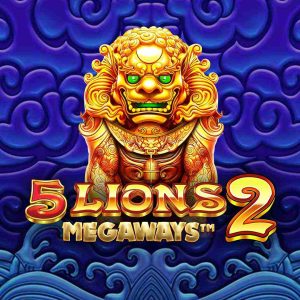
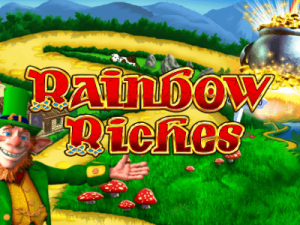











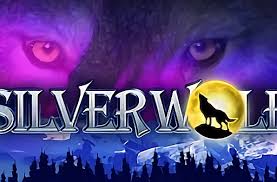




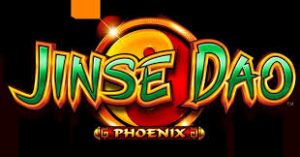





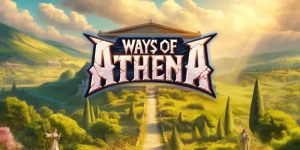




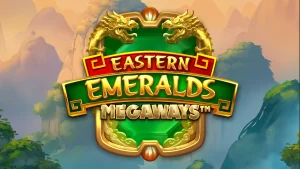


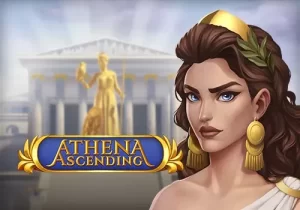
















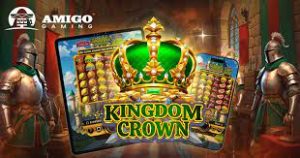
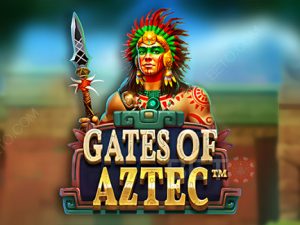

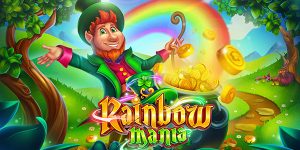











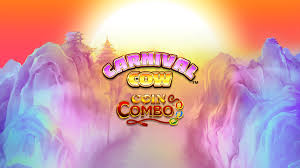
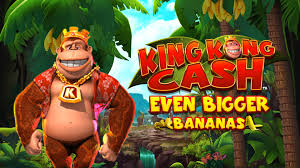









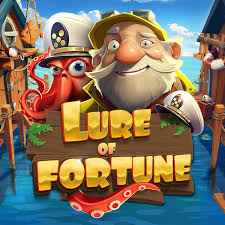
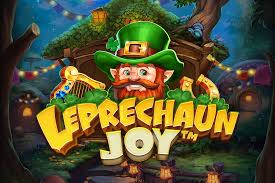

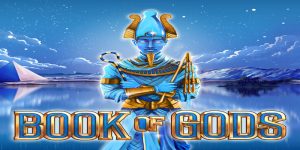




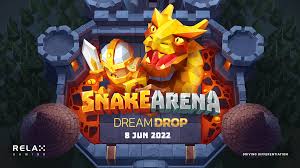



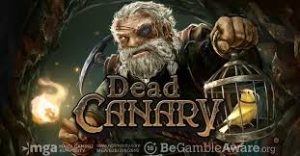


Post Comment